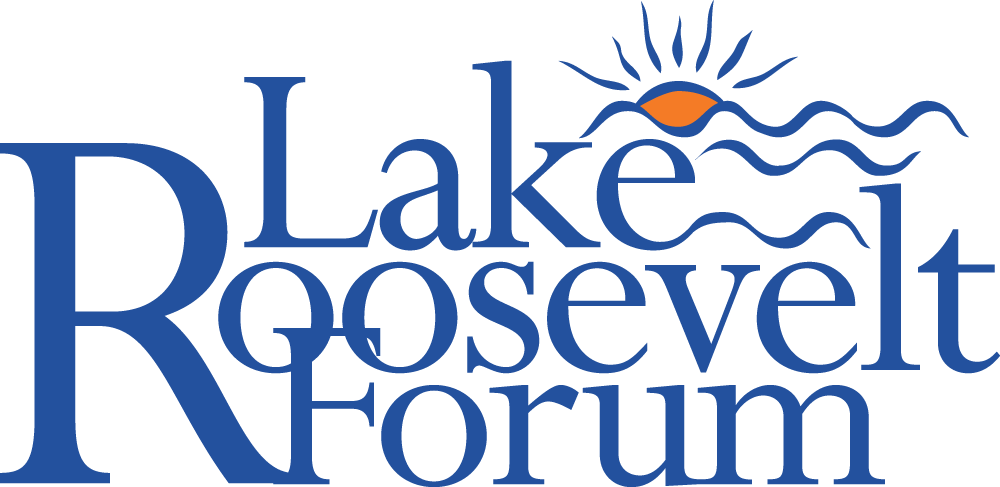In a first of its kind report, the total economic value of the National Park system and programs to the American public is pegged at $92 billion. Released in June of this year, the report was done for the National Parks Foundation by Colorado State University and the Harvard Kennedy School.
Researchers looked beyond the typical economic impact metrics measuring the direct and indirect effect of spending visitation dollars in the park system, and instead estimated the value of the National Park Service to the public, including the “intrinsic value” of preserving National Parks, whether they use them or not.
Michelle Haefele, a Research Associate at Colorado State University who co-authored the report, will share insights at the Lake Roosevelt Forum Conference on November 16th. Said Haefele, “The value of a public good is never valued by a marketplace. To do that you need to know the intrinsic value of a good. In this case, asking what’s the value of knowing National Park Service assets are protected for current and future generations.”
To do this, a national survey of households was conducted. Researchers found that 94.8% of the public want National Parks preserved for current and future generations. This cuts across political leanings or whether they visited a park. They also found that the total economic value calculated by researchers is 30 times the annual federal budget to support national parks.
At the conference Haefele will review these and other findings. For example, researchers used the survey to conduct a “choice experiment.” People were given choices between paying more federal income tax, selling public lands and other options to preserve sites and properties in the current system. “It’s clear that the public places a large value on the irreplaceable lands, waters and historic sites managed by the National Park Service for the American people,” said Haefele.
Building on this opening session, lunch will feature Jon Snyder, Washington State’s first Outdoor Recreation Economic Policy Advisor, discussing economic development and opportunity that’s tied to the outdoors. Then Steve Pozzanghera with Washington Department of Fish and Wildlife will share results of “listening forums,” social media and other public engagement to gather perspectives on the priorities that should drive WDFW investments and services. And lastly, Kittitas county commissioner Paul Jewell will give local elected perspectives on managing lands for recreation and conservation.
Said Dunau, “To set priorities at all levels of government you need to talk about the value of things, direct and intrinsic. And it’s not a straight forward conversation because there is no right answer other than what’s in each person’s heart. Our speakers are giving us insights to help us along with the conversation.”

